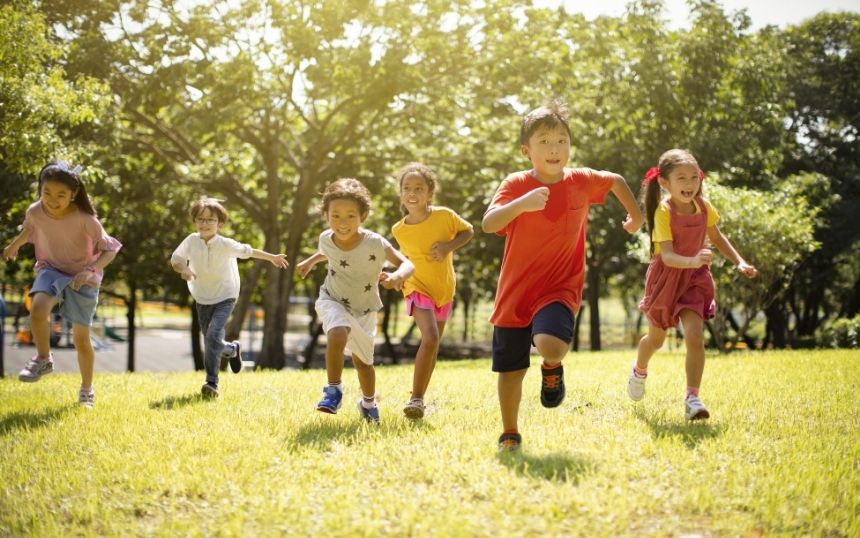Fool-Proof Methods To Teach Your Kids To Be Good
Sitting down with your children and lecturing them on what’s good and bad can feel a little awkward, not to mention weird. Plus, it rarely works. Kids will usually continue doing whatever you don’t want them to do until there is some sort of crisis.
The trick here is to teach them various foolproof methods to help them become good without making it too abstract. You want moral instruction to fit naturally into their lives.
But what works? That’s the topic of this post. We take a look at how to instill proper values in your child without it feeling like an imposition. Many parents have had tremendous success with the tactics and strategies we are about to outline, and you could, too.
Make Learning Fun
Two things destroy children’s love of learning:
- Tasks that are too difficult for them
- Tasks other people are forcing them to do
Avoiding these two things makes learning more fun. Remember, kids are naturally curious creatures. It’s part of their biology.
You can make learning about morals fun for kids in all sorts of ways.
For instance, you might:-
- Read children's Bible story books
- Make learning more fun and interactive
- Take them to a historical site with a moral story behind it
- Avoid any texts or ideas that are too complicated for their age
Model Good Behavior
Parents can also dramatically improve their child’s behavior by modeling good behavior themselves. When kids are young, their primary mode of learning is to use mirror neurons to copy the behaviors of their parents. Therefore, if you behave well, your child is also more likely to.
You can do this in all sorts of ways. For instance, you can:-
- Refrain from controlling your child or micromanaging everything they do
- Give your child space and freedom to be themselves
- Speak to your child and others politely and respectfully
- Admit your mistakes and tell them when you’ve done something wrong
- Keep your promises and commitments
If you embody these behaviors, your child will naturally follow. They will grow up feeling calmer and happier about their lives, and won’t be as judgemental. Your child may also have an improved capacity to forgive others because they understand human weaknesses.
Set Boundaries
Setting boundaries is another popular and effective tactic to teach children to be good. Telling kids what they can and can’t do, within reason, can help blunt some of the less pleasant aspects of human nature.
As your kids grow, you’ll notice that they aren’t perfect. However, you’ll also observe how a few simple boundaries make it much easier to regulate their behavior and keep them on the straight and narrow. Children can misbehave or do things that seem immoral, but it rarely comes from malice. It’s often a lack of knowledge or practice. Setting boundaries helps to set the rules of the game and makes it easier for them to think about whether what they are doing is right.
Be Reasonable And Clear
When teaching children boundaries, you also need to be reasonable and clear. For instance, avoid giving your kids blanket instructions and expecting them to get on with it. Instead, explain why they need to do things.
For example, telling a child they need to clean their room is unlikely to work. That’s because they don’t understand why it’s important. Instead, talk to them about how keeping it clean and organized will help them feel happier and more relaxed.
You can also put time limits on things to avoid jerking them away from their favorite activities immediately. For instance, if they are playing a video game, ask them to tidy their room in the next 15 minutes. This sort of reasonableness prevents your child from feeling like you’re controlling every aspect of their lives, while also fostering responsibility.
Most kids will eventually come around to your way of thinking. However, it can take time. Human development lasts decades and continues well into adult life. Don’t worry too much if progress seems slow. That’s often part of the process.
Praise Kids When They Get Things Right
Lastly, it’s good for parents to praise their children when they get things right. This reinforcement helps kids associate good feelings with taking certain types of action, making it more likely they will engage in them in the future.
You don’t want to lavish them with undeserved praise. Only use it when they do something you want. Thank them and smile, or ask them if they feel proud about what they’ve done.




